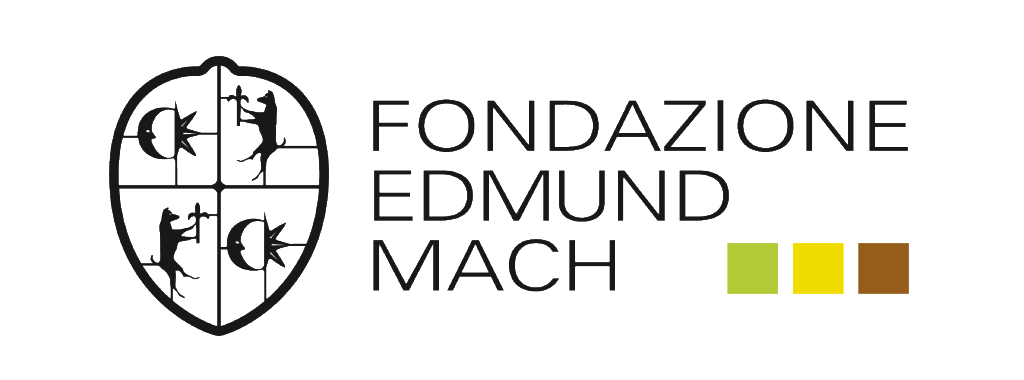Modelling the impact of climate change on the interaction between grapevine and its pests and pathogens: European grapevine moth and powdery mildew

a b s t r a c t
Climate change may impact patterns of plant diseases and arthropod development in more complex
ways than expected. In fact, whereas both crops and crop pathogens and pests are affected by climatic
variables, they might be influenced by different combinations of driving factors, and they might respond to
their change at different rates. In order to separate these effects, we need to improve our understanding
of the host-pest/pathogen system, and consider their interaction. The aim of this study was to refine
current assessments of climate change impacts on pest and disease pressure on grapevines by considering
pest/pathogen–host interactions. This research (i) combined detailed phenological models of grapevine
with phenological models of one of its key insect pests (European grapevine moth) and one of its key
pathogens (powdery mildew), (ii) applied the models to climate change scenarios for a selected study area
in the eastern Italian Alps, and (iii) considered potential changes in their interactions. These simulations
suggest that in the warmer, more profitable viticultural areas of the study region increasing temperature
might have a detrimental impact on crop yield due to increased asynchrony between the larvae-resistant
growth stages of grapevine and larvae of the European grapevine moth. On the other hand, the increase in
pest pressure due to the increased number of generations might not be as severe as expected on the basis
of the pest model only, due to the advance in harvest dates limiting damages from late-season generations.
Simulations for powdery mildew highlighted a decrease in simulated disease severity, especially in years
with a later onset of the disease symptoms and in the climate scenario with higher temperature increases.
Ligações relacionais
- Rede
- Lista
- Geolocalização
- Mais
FEM - Fondazione Edmund Mach
The Edmund Mach Foundation promotes and carries out research, scientific experiments, education and training activities as well as providing technical assistance and extensions services to companies
